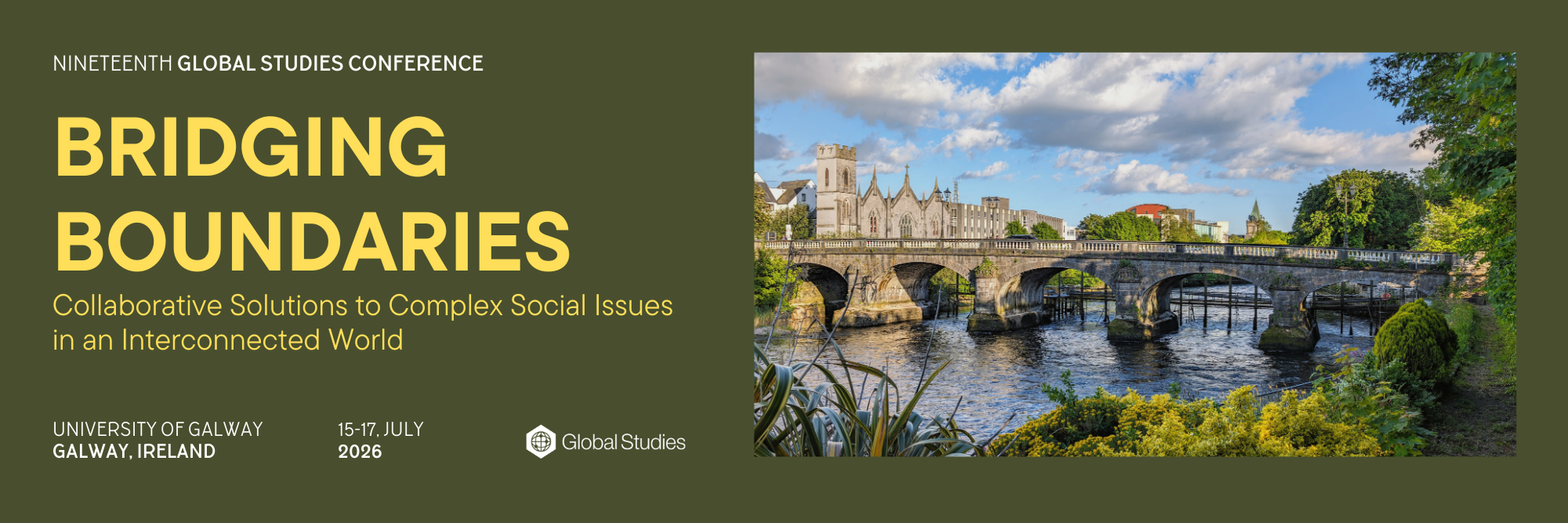Abstract
Since the end of World War II, the liberal international order has provided the institutional and normative framework for global governance, trade and security. Underpinned by specific ontological assumptions - rational states, multilateral cooperation, liberal institutionalism - and epistemological commitments to objectivity, consensus and technocratic legitimacy, the rules-based order was remarkably durable. In the twenty-first century, however, the system exhibits significant ontological and epistemological drift. Ontologically, the rise of multipolarity, civilisational states and alternative worldviews has fractured the shared assumptions that underpinned cooperation. Epistemologically, the diffusion of authority, the rise of post-truth politics and the erosion of technocratic legitimacy have undermined consensus-based rulemaking. Drawing on Mark Thompson’s typology of shift and drift, the paper argues that global institutions increasingly embody the fallacies of reification and processification i.e. they remain formally intact while misaligned with plural and contested realities. These drifts are particularly visible in the United Nations, the World Trade Organisation and the Bretton Woods institutions. The paper concludes by exploring whether pluralistic re-foundations - incorporating multiple ontologies and epistemologies - can revitalise global governance or whether the world is entering an era of epistemic anarchy.
Presenters
Kofi AmegashieSenior Lecturer and Doctoral Researcher, School of Business and Law, St Mary's University Twickenham, United Kingdom
Details
Presentation Type
Paper Presentation in a Themed Session
Theme
KEYWORDS
INTERNATIONAL ORDER, GLOBAL GOVERNANCE, ONTOLOGY, EPISTEMOLOGY, LEGITIMACY, MULTILATERALISM, POST-TRUTH POLITICS

